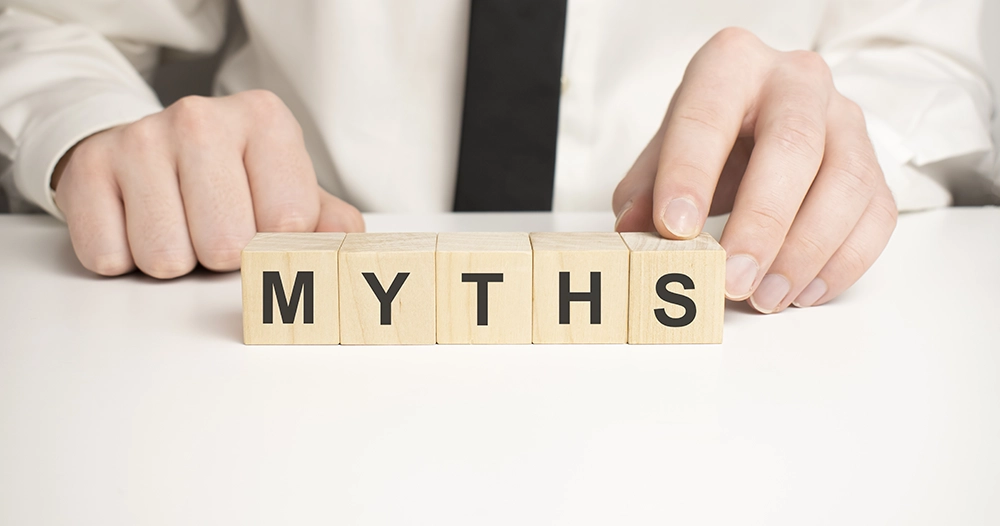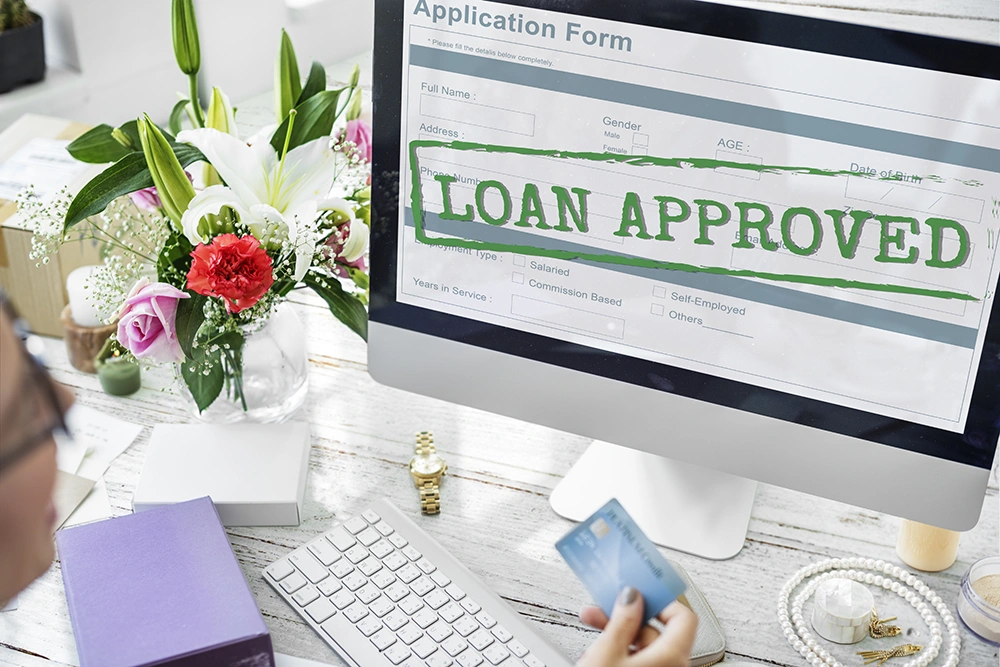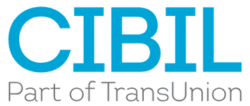Introduction
TransUnion CIBIL (Credit Information Bureau (India) Limited, earlier) is the oldest credit information company in India that functions under the Reserve Bank of India (RBI)’s approval. It is the most popular amongst the 4 credit information companies functioning in India, the other three being High Mark, Equifax and Experian. Each of these companies have their own unique scoring systems.
The TransUnion CIBIL offers a CIBIL score and reports to individuals and a Company Credit Report and a CIBIL Rank to businesses. CIBIL Score came into existence in the year 2000 and has become the most recognized credit scoring system available in India. CIBIL not only has access to credit information of around 600 million people, but it also includes 2400 members that includes lenders of various types. It does this by collating and collaborating information from all the banks and the financial histories of their customers.
What is CIBIL Score?
CIBIL Score is a score that determines the creditworthiness of an individual and even businesses. It is the deciding factor or make or break of a loan or credit application. It ranges between the spectrum of 300 to 900, this range varies from company to company. The closer the score is to 900, the easier it gets for the credit card or loan application to get processed and approved. A score of 300 denotes the minimum creditworthiness and a score of 900 denotes the maximum creditworthiness. The CIBIL Score becomes the representation and reflection of an individual’s ability to repay the borrowed sum of money to the lender within the duration of repayment. It is calculated based on :
- Past credit repayment history – this depends on how one has managed to repay credit and debt in the past, in a timely manner and the whole outstanding amount rather than the minimum due.
- Credit utilization and balance – this depends on the total credit available to you and the credit used. For example, if one has used most of the credit sanctioned to them, they would be considered as a risky or not creditworthy borrower.
- Duration of availing credit – this depends on the duration of the repayment and the timely repayment within that duration.
- New credits – this includes both the new credits taken and also the inquiries made, such as regarding loans or credit cards. The number of credit inquiries affects the credit score negatively, thus bringing it down.
- Mix of credit (secured and unsecured) – it is important to have a healthy credit mix without inclining too much towards all secured or all unsecured. It is also necessary to take into consideration both short term and long term loans.
This signifies the financial behaviour of an individual in the past and points towards the individual’s likely behaviour in the future. It imparts a financial understanding of a person to the lender, who then is enabled to make a decision regarding the loan processing and approval.
What is a Good CIBIL Score?
An ideal CIBIL score would be 750 and above because that is a safe and required score to be able to process most types of loan applications. If the CIBIL score is below 750, the application might be rejected outright or the loan may be given at a higher rate of interest. Therefore, it becomes essential to maintain CIBIL score of 750 and above, as close as possible to 900.
Meeting the required CIBIL score reflects good financial health and habits, thus increasing the chances of attaining an affordable and desired sanction on flexible terms. A good score speaks to the lender of your money of your capability to repay the borrowed amount within time and shoots up your creditworthiness. The maintenance of an ideal CIBIL score is always a work in progress, ever-changing and dependent on an individual’s financial habits.
Best CIBIL Score For A Personal Loan
A personal loan is a type of unsecured loan that has a short or medium time period. It can be taken for various reasons such as wedding, vacation, medical expenses and paying off debts. Credit score is a huge factor in determining an individual’s eligibility for a personal loan as it is a collateral free loan, i.e, unsecured loan.
An ideal credit score for a personal loan would be around 700-750. Most of the loans with a score of 750 and above (almost 80% as per CIBIL data and as reported by EconomicTimes), get approved. This is not to say that applications with a score below 750 do not get approved. A credit score of 600 also might get a loan application approved, but either the amount of sanction would be lower or the interest rate higher. To avoid this, it is necessary to maintain an ideal CIBIL score.
Best CIBIL Score For A Home Loan
Owning a house is every person’s dream in today’s world, a status symbol and necessity. But not everyone is equipped with the means to execute and convert that dream into reality. A home loan functions as a secured loan because the home the individual is purchasing or building acts as the collateral. Hence, a home loan is sanctioned with a score of below 750. The ideal CIBIL score for a home loan is around 550-600 and above.
If your credit score is low, it is advisable to wait and improve your credit score and then apply for a loan rather than settling for a lower amount to be sanctioned and risking rejection because this would lower your credit score even further. So the ideal action step to take when there is no urgency of a loan, is to first focus on increasing your credit score and then putting out an application for a home loan. This would result in the approval of a home loan on flexible terms, which would be favourable to you.
Best CIBIL Score For A Business Loan
Starting your own businesses has seen a tremendous rise, especially in the wake of the pandemic. Thanks to people losing their jobs. But not everyone has the funds to invest and begin their journey. This is where a business loan comes to the rescue. A business loan can be both secured or unsecured. If it is collateral free, then the ideal credit score for a business loan is the same as a personal loan, around 700-750 and above. However, if an individual is applying for a secured loan, then the ideal credit score can be brought down to between 600-700.
When there is an application for a business loan, both personal credit scores and also the business’s credit scores are checked by the lenders. So it is important to check and keep a track of both the credit scores and adopt practices which augment the growth of the credit scores.
Best CIBIL Score For A Credit Card
Credit cards have become an indispensable tool in securing a good credit history and if used wisely, they come bearing a range of benefits. They are no longer a luxury but have become a necessity. Credit cards are one of the most important deciding factors of a good credit history and with the spectrum of services they provide, they help increase credit score. They are a fantastic tool for dispersing the costs of borrowing. An identity proof and a PAN card are all that is needed to apply for a credit card.
An ideal CIBIL score for acceptance of a credit card application by most banks is around 700-750 and above. It is imperative to maintain a good credit history and score as most banks avoid taking on risky borrowers who would eventually bring them losses. A good credit score makes an individual creditworthy in the lender’s point of view.
Best CIBIL Score For A Consumer Durable Loan
A consumer durable loan is a specific type of personal loan that can be used specifically to fund purchases of consumer durable goods such as household appliances and electronic gadgets. They include laptop, television set, washing machine, air conditioner, heater, fridge, fitness equipment, etc to name a few. It is a loan which helps enhance the standard of living of the borrowers, who do not have the whole amount to purchase the consumer durable goods.
Since consumer durable loans are unsecured, collateral free loans, lenders make it a point to definitely check the credit history of the person which includes the repayment and loan history. Therefore, an ideal CIBIL score of 750 and above is required to attain a consumer durable loan sanction. This is a very common type of loan sanctioned by the banks, catering to a large number of masses.
Best CIBIL Score For an Auto Loan
In today’s times, everyone has the want and need for a car but not everyone is in a position to buy it immediately or instantly. This is where car or auto loans come into the picture. They help individuals buy the car, the amount of which can be paid by the borrowers over a period of time in installments. An auto loan is applicable for purchasing either a new or used private or commercial vehicle.
An auto or car loan is a secured loan wherein the car itself functions as the collateral. Apart from a good credit history, there are two other criteria that lenders check before approving an auto loan application. They are the minimum age required to drive a vehicle, i.e, 18 years of age and the current employment and income status of the individual. An ideal CIBIL score for an auto loan is 750 and above.
How to Improve Your CIBIL Score?
The CIBIL score is not an absolute stagnant score that one has to live with. It is dynamic and constantly changes as per your financial health and habits. It can be augmented by adopting a few healthy financial habits. As it is extremely important to maintain a good credit history and score to avail the wide range of benefits that banks and lenders provide, let us discuss some of the methods that can be employed to improve your CIBIL score. They are :
- Manage your credit cards : Set payment reminders to make all your payments within the duration of repayment.
- Check your card usage : Keep a track of how many cards you are using and for what. This gives you a clear picture and serves as a reflection of your financial behaviour, which can then be modified in the best interest.
- Use fewer cards : Try to limit your usage of cards to a single card. Even applying for too many credit cards in quick succession or making inquiries lowers your credit score and affects it negatively.
- Plan your card usage : Planning ahead always helps. Plan your expenditure beforehand, allocate your funds wisely and make sure you don’t use a large percentage of your credit card amount as this increases your risk of being portrayed as a risky borrower in the eyes of a lender.
- Clear your dues on time : Pay your EMIs on time to maintain a good credit track record and instead of paying the minimum due amount, aim for paying the whole outstanding amount.
- Check your credit report for incorrect and inconsistent listings : Keep an eye out on your credit score report and make sure to go through everything that has been listed to make sure there are no incongruencies from the bank’s. Skipping this step will bring your credit score down with no fault of yours. Hence, it cannot be omitted.
- Choose lengthy tenors : This step has to be done with care and the individual has to make an effort to make part prepayments when possible.
- Create credit history : If you have not borrowed funds in the past, you would not have any credit history and therefore a low or no score. So be sure to borrow a healthy mix of credit as discussed earlier, both secure and unsecure, short term and long term. This over a period of 6 months to 1 year will create an environment and opportunity to take higher amount loans with lower interest rates.
- Keep old debt on your report : If you have taken any appreciable amount of loan in the past, be sure to include that in your report because that reflects your creditworthiness and works against painting you as a risky borrower in the eyes of the lender.
- Watch out for joint accounts : This is a scenario where your credit score can get damaged for someone else’s poor financial health and habits. Hence, try to limit your holding of joint accounts and when you own one, make sure all the payments are being made within the stipulated amount of time and everything is being done in favour of the credit history and score.
- Increase your credit limit : This action step will automatically improve your credit utilisation ratio but keep in mind that this has to be done before the payments or big purchases.
- Be patient : This is a very underrated virtue. Building a good credit score is a slow process, it does not happen overnight. Slow and steady adoption of healthy financial habits sets you on the path of increasing your credit score. It requires patience and perseverance and most importantly, continuous and constant monitoring of your credit report, multiple credit lines, spending pattern and timely payments of debts.
In conclusion, maintaining a CIBIL score is a prerequisite for availing many services provided by banks and lenders and a good score can only be built over a period of time with the above discussed twelve healthy financial practices.







